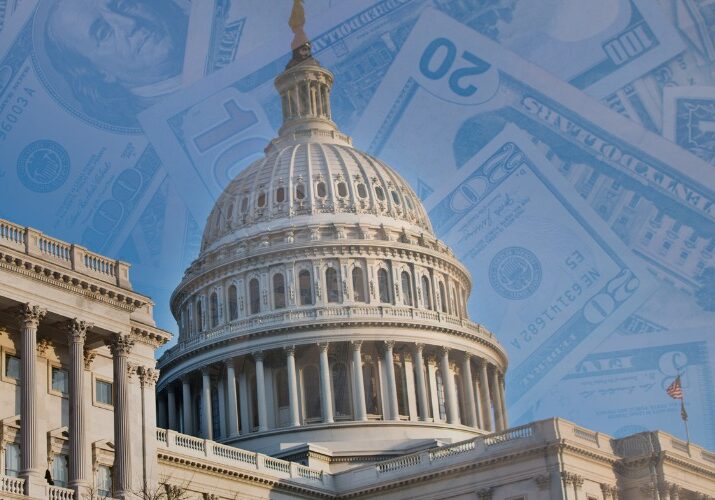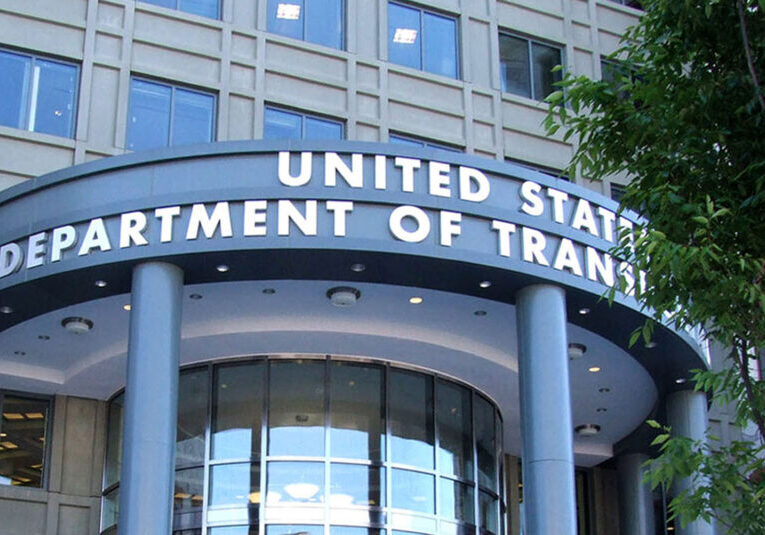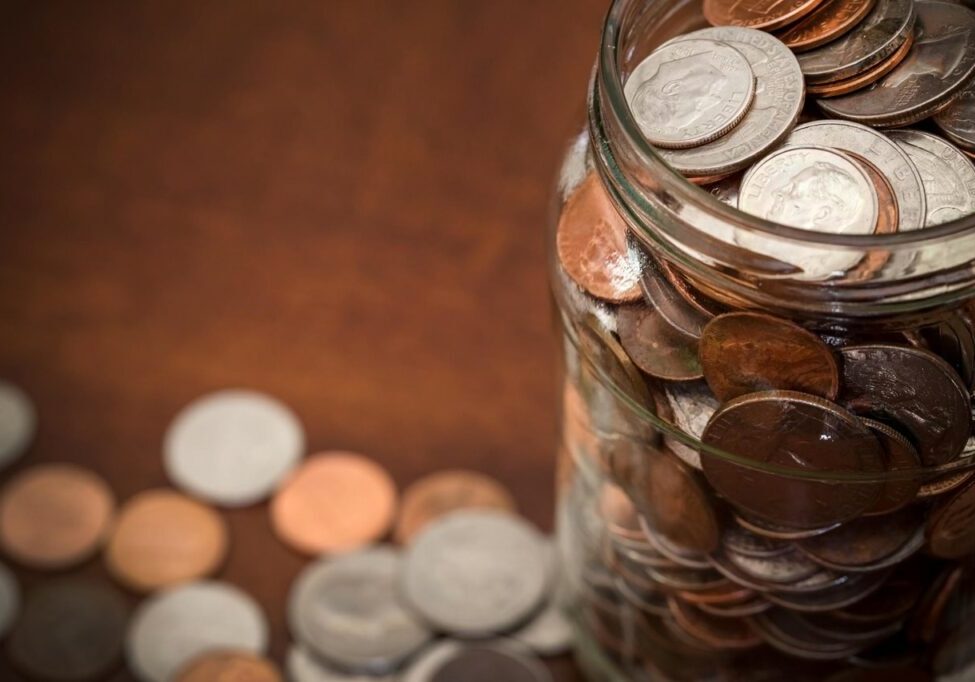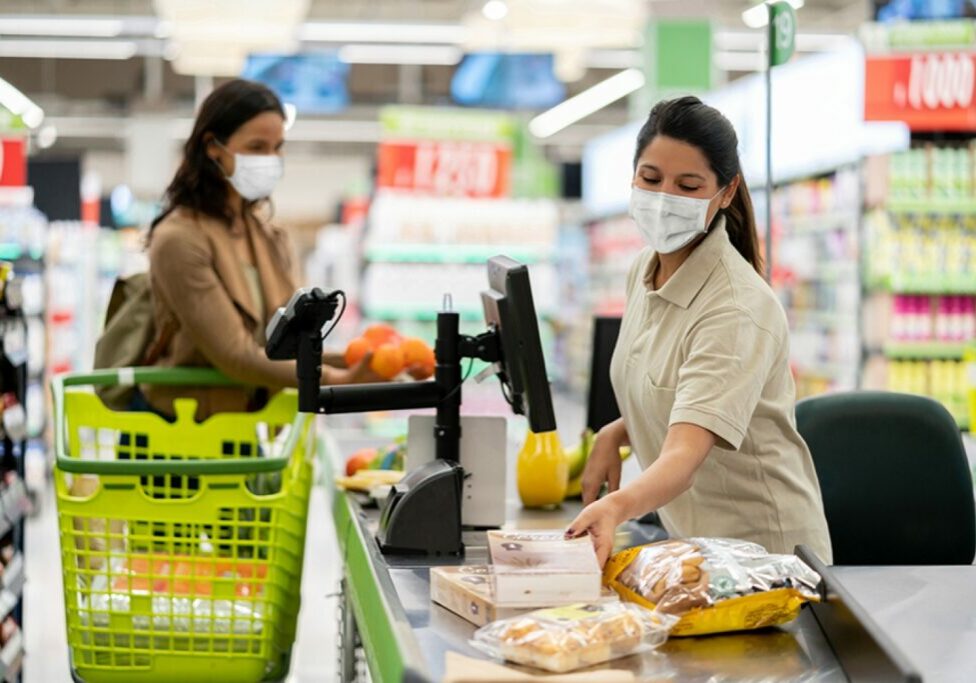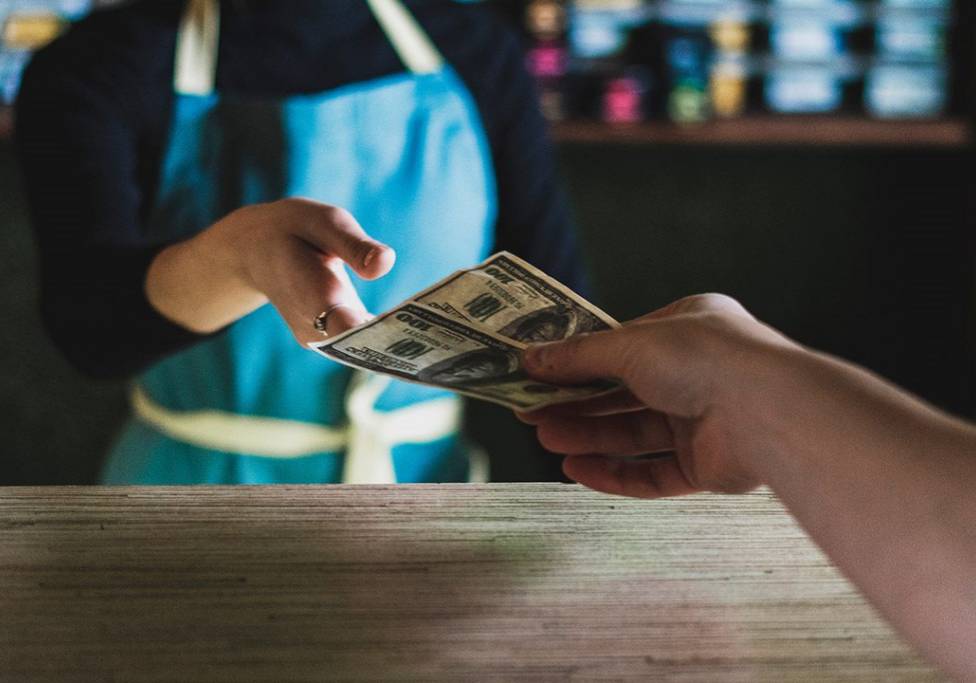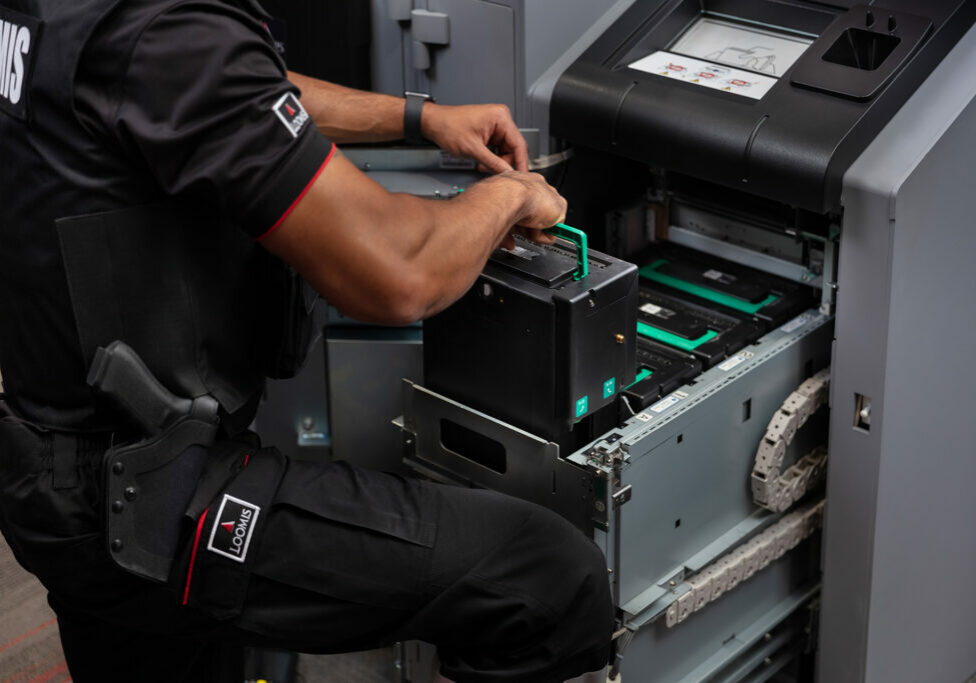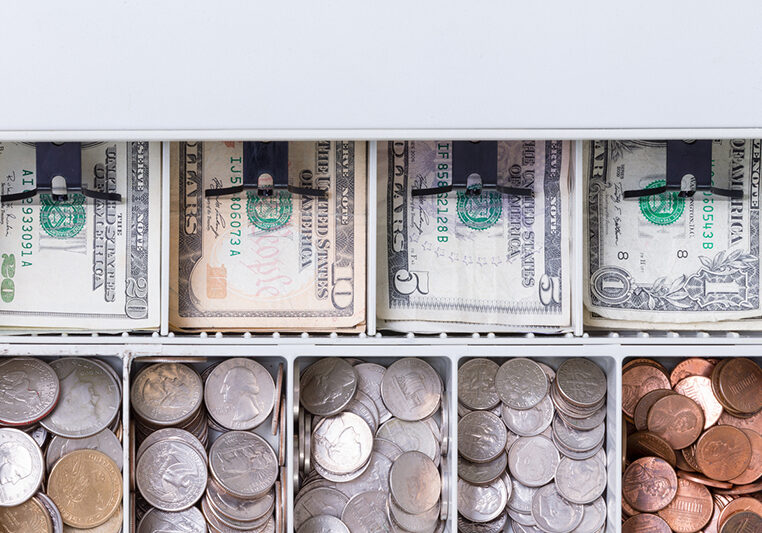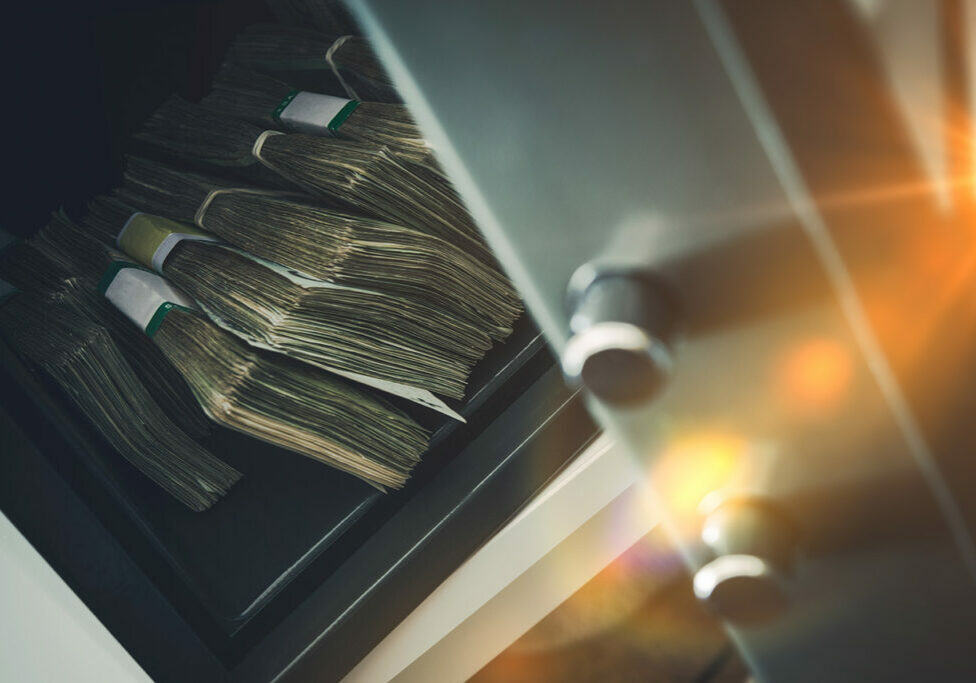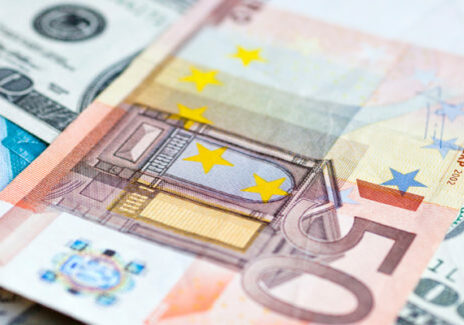Protecting Cash as A Payment Method
NACA is working with Brink’s, GardaWorld, and Loomis to promote strategies to reinforce the importance of cash in our society. Our goal is to advocate policies that allow consumers to make purchases in brick-and-mortar stores using the payment methods of their choice, including cash.
The Payment Choice Act, for example, would do just that -- mandate all retail businesses to accept cash as a valid form of payment. It would also ban businesses from charging a higher price for a cash payment than for another form of payment. The House bill, H.R. 1138, was introduced in February 2025 by Rep. John Rose (R-TN-6). The Senate version has not yet been introduced in this Congressional Session.
Why Cash Remains an Important Part of American Life
- Cash does not discriminate. Many Americans are unbanked or underbanked, making cash their primary means of participating in the economy. Putting restrictions on cash payments harms rural towns and low-income Americans who do not have access to a bank account. Because some consumers are unable to obtain credit cards, cash is the great equalizer. Every American, of every race and every income level, can walk into a store confident that their dollar bill is every bit as good as anyone else’s.
- Cash protects consumer privacy. Whether it’s a credit card company tracking purchases or mobile apps tracing your location, private companies are constantly gathering data about consumers. Cash is secure and confidential, offering consumers more privacy than any other form of payment.
- Cash keeps costs low for businesses. When businesses accept card payments, they must pay equipment fees for processing transactions and interchange/swipe fees. Transaction or swipe fees paid to card brands can cost a business 2.5%-5.5% for each sale.

